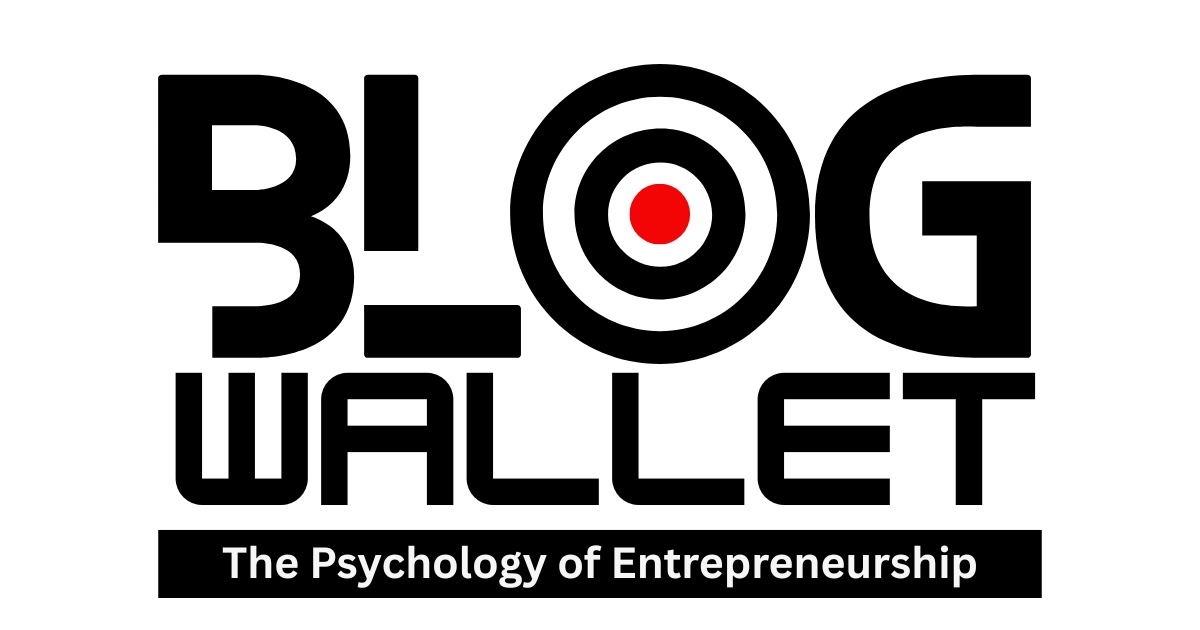Never underestimate the importance of safeguarding your work and intellectual property as a freelancer. I’ve learned this lesson the hard way, and it often costs more than just money. The issue isn’t merely about contracts or legal jargon — it’s the trust you place in clients and the assumptions you make about their integrity. When you don’t protect your creations, you’re inviting trouble into your professional life.
1. Understand Your Rights
Many freelancers dive into projects without fully grasping their rights. I’ve seen talented individuals lose ownership of their work because they didn’t understand the legal landscape. Know what you’re entitled to before you even sign an agreement.
2. Use Contracts Religiously
Contracts are the backbone of freelancing. Without a solid contract, you’re leaving your work open to interpretation. I’ve had clients try to claim ownership of projects simply because we didn’t outline terms clearly. A well-drafted contract protects you and sets expectations.
3. Protect Your Ideas
Your ideas are your currency. I’ve had instances where clients have taken my concepts and run with them, leaving me in the dust. Use non-disclosure agreements (NDAs) whenever you share your ideas to ensure they remain confidential.
4. Keep Clear Records
Documentation is key in freelancing. I’ve learned the hard way that without clear records of communications, changes, and agreements, it’s easy for misunderstandings to arise. Keep everything organized and accessible — it will save you headaches later.
5. Watermark Your Work
Before sharing your work, consider watermarking it. I’ve seen many designs stolen or misused because they were shared without any form of protection. Watermarking not only deters theft but also helps maintain your brand’s integrity.
6. Know the Client
Research your clients before entering into any agreement. I’ve had my share of difficult clients, and the signs are often there if you look closely. A little due diligence can prevent a world of trouble down the line.
7. Set Clear Payment Terms
Payment terms are non-negotiable. I’ve learned that vague payment agreements lead to delays and disputes. Outline your fees, payment schedule, and penalties for late payments to ensure you get what you deserve.
8. Don’t Share Final Files Too Soon
Be cautious about sharing final versions of your work. I’ve had clients who seemingly needed everything upfront but then delayed payment. Hold back final files until payment is secured. It protects your work and your finances.
9. Be Cautious with Revisions
Revisions can be a double-edged sword. I’ve had clients request endless changes without additional compensation. Set limits on revisions in your contract to avoid being taken advantage of and to maintain the value of your work.
10. Know When to Walk Away
Sometimes, the best decision is to walk away from a client. I’ve learned that not every project is worth the trouble. If a client refuses to respect your work or your terms, don’t be afraid to cut ties. Your integrity is more important than a paycheck.
11. Stay Informed About Legal Changes
The landscape of intellectual property is always evolving. I’ve made it a point to stay updated on the laws that affect my work. An informed freelancer is a protected freelancer, and knowledge is your best defense against theft.
12. Build a Support Network
Connect with other freelancers and industry professionals. I’ve found that sharing experiences and advice can help protect your work. Having a network means you have resources to turn to when issues arise.
Bottom line: Protecting your work and intellectual property is crucial in freelancing. Take the necessary steps to ensure your creations remain yours. It’s a battle worth fighting.




